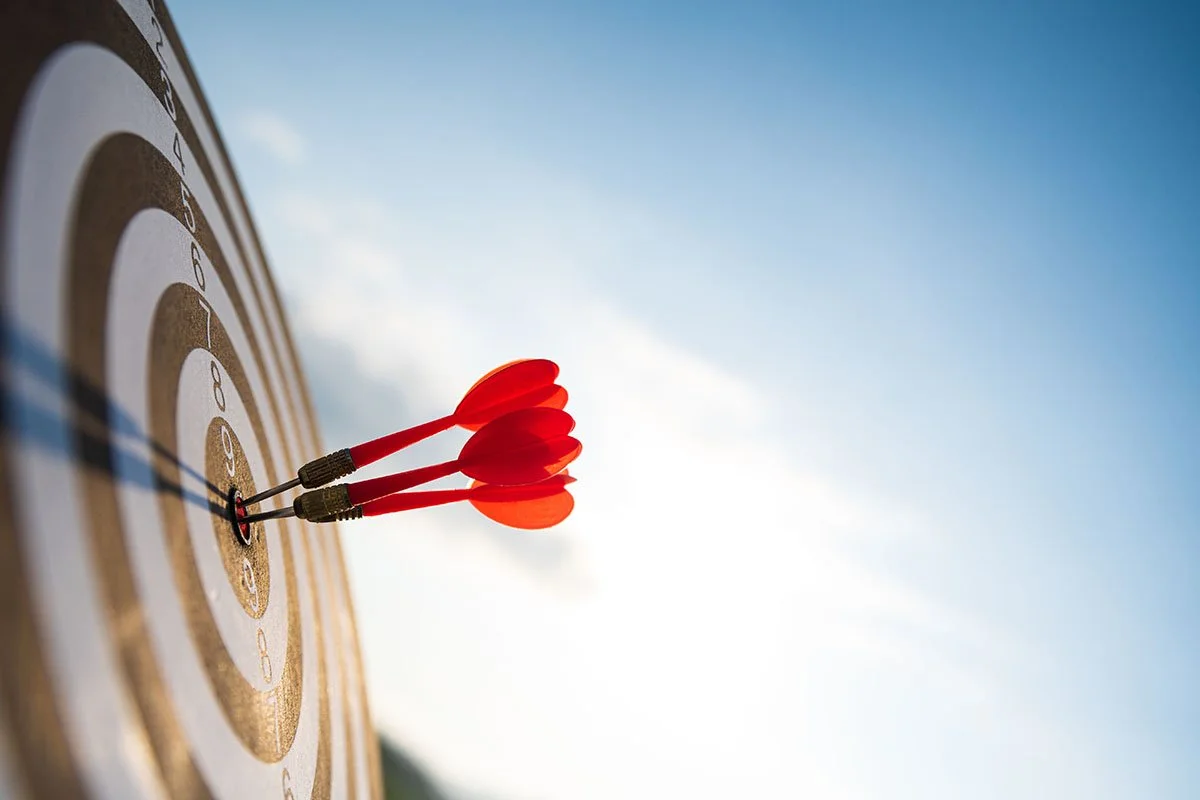
Perfectionism Is Imperfect
Aiming for perfect is a noble goal. The trouble is that perfection is not really possible, and we often ignore perfectionism's downright harmful effects. Tapping into our ambitions in a healthy way without going over the edge is possible. It requires an understanding of perfectionism itself, a recognition of our connection to others, and a willingness to set boundaries and limits.
Creating Compassionate Boundaries
In the midst of the turmoil and chaos of these times, setting or resetting boundaries is one of the most important compassionate leadership moves to create a thriving organization. Good boundaries connect us to each other, focus us, and support our wellbeing. Boundaries also protect us. When you map out clear boundaries, especially in collaboration with your team, you set up everyone for success.
Stop the Hiding
No one gets a pass. Not world-class athletes, CEOs, essential workers, parents, teachers, or our kids. We all suffer. We also have a choice about how we respond to suffering through our leadership. We can choose to work together to find a response, or we can turn away. What kind of culture are you modeling and creating in your organization?
Compassionate Leaders Go First
Speaking up can be a scary act. Examples abound of leaders who shoot messengers bringing opinions that differ from what they want to hear. Creating cultures that celebrate those willing to speak up and become vulnerable starts with leaders. If you want others to take risks for you, show your own vulnerability and trust first. The benefits will show up in greater safety, connection and belonging.
Barriers to Compassion
Learning to move past resistance, restraint, and roadblocks is a key part of personal and leadership development. Barriers to practicing our innate capacity for compassion can show up in many different ways. Let’s explore three barriers to compassion - distraction, judgment, and fear – and how we can intentionally move to the full expression of our compassionate nature.
Slow Compassion
The relationship between compassion and perceived time pressure has been known for a long time. From the well-known study, “From Jerusalem to Jericho” nearly fifty years ago, to our research with participants in our training cohorts, the feeling that there is not enough time impairs one’s ability to act compassionately. Ironically, the solution doesn’t come from working faster, but in slowing down.
Leader and Team Member Emotional Responses – Compassionate Leadership Amid the Chaos Survey Results
In our recent survey on “Compassionate Leadership Amid the Chaos,” we asked respondents which emotions they have been experiencing during the crisis. The responses of leaders and team members diverged substantially, and leaders can learn and take action based on these differences. We recommend the steps to take in order to build more effective teams.
Awakening to Our Interconnectedness
The COVID-19 virus is a wake-up call to our shared common humanity and to develop truly global compassion. The threats we face today are global in scale. If we are to thrive, we must act compassionately toward our village, which is simply the entire world.
Compassion Amid the Chaos
What can compassionate leaders do in this moment of unprecedented chaos? How do you instill confidence, trust, transparency, open communications, and encourage the team to stay positive? How do you embody compassionate leadership?









